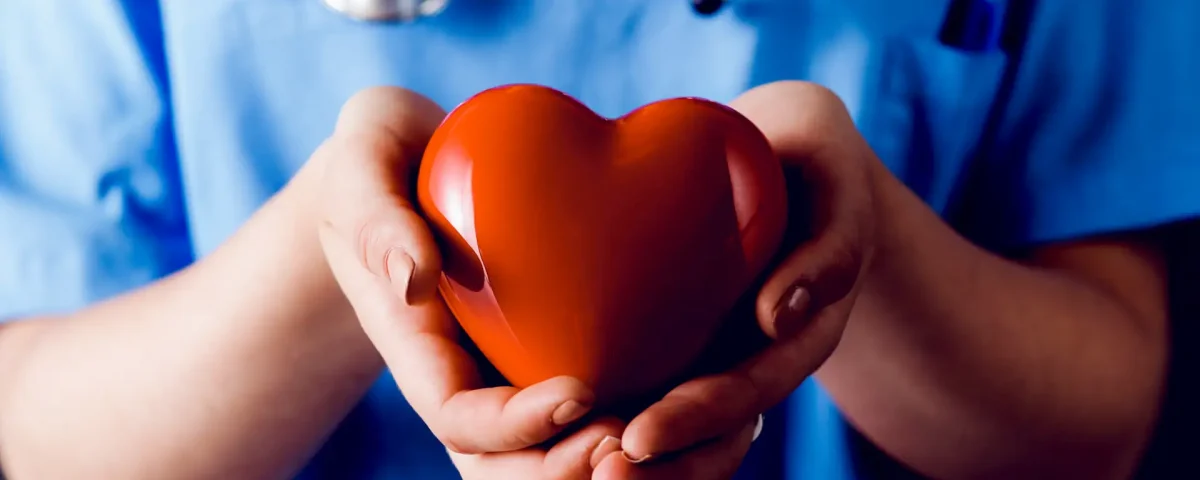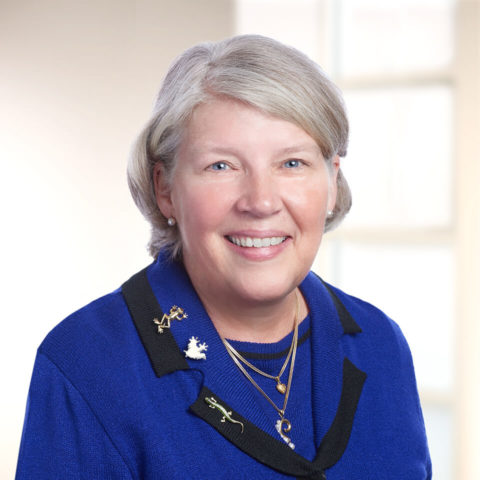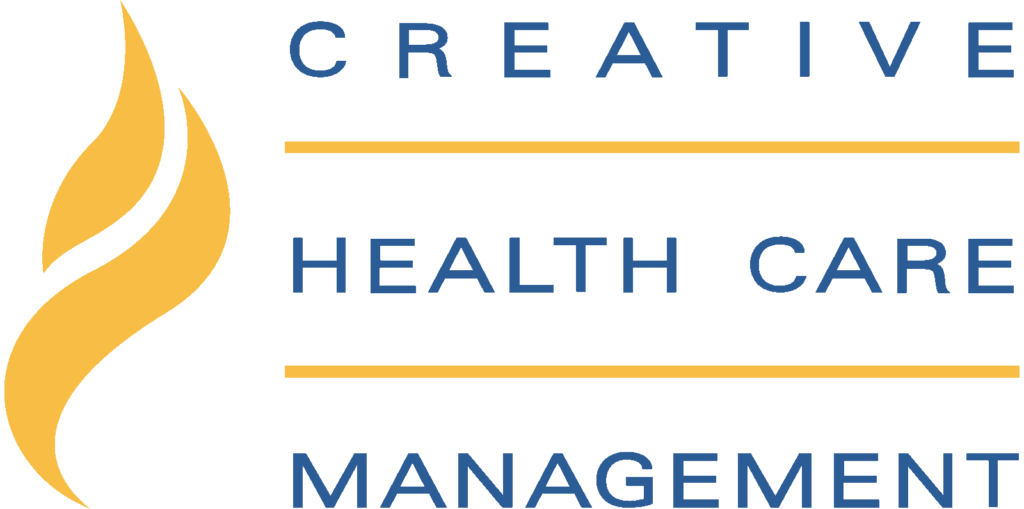We read in our September Inspiring Connection newsletter the inspiring story “A Nurse’s Heart,” written by Mr. Jeffery Evoy, who shared with us his experience as a patient healing from a complicated procedure and a lengthy hospitalization. Mr. Evoy spoke of the nurses who made a positive difference in his ability to heal as well as for his family who supported him during a trying time. I was struck by Mr. description of the “nurse’s heart.” Mr. Evoy spoke of the “nurse’s heart” as he was describing compassionate caring behaviors, and as ill as he was, he knew the sole intention of his care providers was to promote successful healing to recovery, even in the midst of the challenges the care team faced meeting his basic needs of activity, nutrition and safety.
The True Meaning of the Nurse’s Heart
I became curious about the true meaning of the “Nurse’s heart,” pausing to wonder if the nurses Mr. Evoy spoke of knew how important their hearts were to his recovery. There was without doubt a sense of trust and confidence in the clinical and technical abilities of his care team. How does it happen that Mr. Evoy speaks convincingly about the nurse’s hearts? Through a complicated surgery and a prolonged recovery, Mr. Evoy saw the “nurse’s heart” as important and contributing most to his emotional, spiritual, and physical recovery. Mr. Evoy’s story brings out the importance of his care team being in a therapeutic relationship with him at a time where he describes himself as “fighting the battle of my life,” and “I became combative and violent and they were there for me.” A team that stood watch, supportive, and most importantly caring with their loving hearts.
Hear from the nurses who cared for Mr. Evoy
With Mr. Evoy’s blessing I was able to reach out to three nurses who knew him and his wife from the beginning of his hospitalization, through his readmission, the episode of delirium, his recovery, discharge, and co-creating this story. Mr. Evoy gifts back to his team at UC Davis this story as he shares at Re-igniting the Spirit of Caring workshop. Understanding the Nurse’s Heart is written with the help of the voices of Demellash Mengistu RN, Janice Dela Rosa Arre RN, and Ruzyl Deposa de las Verlas RN.
Demellash, Janice, and Ruzyl were interviewed independently and were not aware of who I would be speaking with. Demellash began the story and Ruzyl and Janice repeated and enriched the same story of (I will paraphrase), “we have a Relationship-Based Care professional practice model at UC Davis and Primary Nursing is at the heart of why and how we care for our patients,” aligning closely with how Mr. Evoy begins his story. Consistent themes emerged as each of the nurses recalled and spoke with compassion and loving kindness of their experiences with Mr. Evoy. I will explore the themes of the nurses conversations in the context and nature of the therapeutic relationship and we know how caring feels to patients and families through Mr. Evoy’s story published in the September Inspiring Connection. A relationship is deepened and becomes more therapeutic when we are present through attunement; wondering and cultivating curiosity, openness, and acceptance; following, the intentional acts demonstrating our devotion to learn from and be led by the patient and family; and holding, when we create a safe haven for the patient and family.
Primary Nursing
Primary Nursing is described as the culture at UC Davis, a culture that creates the infrastructure for therapeutic relationships between clinicians and patients to flourish and thrive. Demellash, Ruzyl, and Janice used the language and described the behaviors of the therapeutic relationship, which appears to emerges naturally and without additional effort or burden for them. In the words and thoughts of Demallash, Ruzyl, and Janice they know what they did and how they contributed to Mr. Evoy’s knowing the Nurse’s Heart and why their words and behaviors made a positive difference for him and his wife. During the conversation with the nurses each would describe “doing my job” and without hesitation add “my paycheck is seeing the patient improve and knowing I contributed.” “Turning frustration into a dance of happiness.” “Small things to me are a big deal to our patients, my job is to care about your wellbeing and to take very good care of you.” “I make it a point to learn his quirks and remember them.” “The Nurse’s Heart is our kindness, empathy, and compassion we showed to Mr. Evoy during his stay, it made a huge difference to his recovery, it was very challenging.” “He was my priority; I gave him my undivided attention.”
The Therapeutic Relationship
The behaviors the nurses described above are attributed to creating a trusting and authentic relationship with Mr. Evoy and his wife and they align with and promote a therapeutic relationship, they saw Mr. Evoy as a person. Patients respond to being treated with kindness and dignity, even on their worse day. I have aligned the behaviors with the therapeutic practices and in the words of Demellash, Ruzyl, and Janice.
The Four Therapeutic Practices of See Me as a Person
Presence through attunement is when the nurse focuses on the patient with openness and acceptance and is described as the time when we simply sit with the patient and family. When I sense what is simple for me is not so for the patient. When I listen, act with gentleness, I take my time because I know it is what the patient needs. Attuning is the time I take to develop a meaningful connection because trust will develop more readily.
Wondering is when we asked a question and listened to know the patient and family, who they are, what they do when they are healthy, it is not to check a box. Wondering is how we get to know the patient well, there expectations, who they are at home, and what is going on besides the reason they are in the hospital. The patient has a name, a personality, people who love and care about him, I wonder and I am interested. When I wonder and know the patient, I will more easily notice a change should one occur, I often can tell by the look on their face. I remember Mr. Evoy many years later because he was one of my most challenging patients. His delirium was not the person I knew him to be. I wondered, learned, and knew him as the person he is when he is healthy and became encouraged to care more deeply to help him through the difficult period.
Following with Mr. Evoy occurred when we were very patient with him. We knew it was not normal for Mr. Evoy to have difficult behavior, we treated him and his wife Debbie with the same compassion and kindness. Mr. Evoy’s delirium was not the person I knew him to be, we had to be very patient with him. We knew it helped Mr. Evoy as much as it helps his wife to encourage and support her being present and involved as much as possible. I saw the happiness on the faces of Mr. Evoy and his wife when I was able to fix the feeding tube, I knew this was a reason to celebrate and dance. Happiness is contagious and was what Mr. Evoy and wife needed.
Holding happens when we create the space for solid trust to evolve. Mrs. Evoy developed the trust and confidence knowing her husband was well cared for in her absence, making it easier for her to go home at night. Mrs. Evoy stayed during Mr. Evoy’s worse moments, we cared for her as we did for her husband, ensuring she was comfortable and had a place to rest. Mrs. Evoy was very involved in her husbands care and brought her gifts of gratitude to us, we felt held by her actions. Even when I didn’t have time, I took time, it is important, and the time builds trust.
When I asked the nurses what Mr. Evoy meant when he spoke so sweetly about their hearts the responses were consistent “our kindness, empathy, and compassion we showed to him and his wife, it made a huge difference to his recovery. It was very challenging, and he was our priority, and we gave him our undivided attention.
The “Nurse’s Heart” simply stated: kindness, empathy, and compassion.
I would like to acknowledge Demellash, Ruzyl, Janice and the many other clinical professionals who contributed to Mr. Evoy’s outcome and know their contribution to Mr. Evoy’s story is just as impactful, appreciated, and loved. My sincere appreciation for knowing your story.
Kathleen Van Wagoner MSN, RN, MSA
Kathleen is an accomplished mentor and developer of people, programs, and culture. As a highly successful former nurse executive in clinical administration, program design, and project management, she is skilled in all aspects of care provision. She brings to her consulting work an in-depth knowledge of clinical operations, academics, research, and health care finance. She is dedicated to establishing high quality, caring relationships between health care providers and the patients and families in their care.





